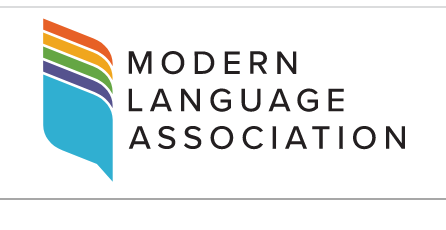
Political/Politicized appropriations of French renaissance literature and culture (MLA Forum on French Sixteenth-Century Literature & Culture, San Francisco)
The MLA Forum on French Sixteenth-Century Literature & Culture (LLC) invites 18-minute paper proposals (in English or in French) for the Modern Language Association of America’s annual convention (MLA 2023), to be held in San Francisco 5-8 January, 2023.
Feel free to consult and circulate this call, along with our Forum’s other CFPs for 2023.*
France, among other Western nations, is undergoing a multifaceted crisis involving democratic processes, mass media uses, social justice, and political identity. Many look to defining events, monuments, and figures in history and literature with a view to advancing various definitions of what should be done, preserved, changed, or valued. Appropriations of the past are neither new nor exclusive to contemporary France. La Défense et illustration de la langue française and De la servitude volontaire were once used to bolster decolonization agendas, among other examples. Seventeenth century appropriations abound: Why does Madame de La Fayette set her fictional works under the reign of the last Valois, for instance? Closer to us, what is Jean Teulé trying to do and what in the zeitgeist is he tapping into with novels such as Charly 9? Why is Louise Labé suddenly at the heart of a national debate on authorship and the canon? In recent political campaigns or mainstream media reflections on the pandemic, certain groups or public figures have even claimed Montaigne or Rabelais as healing or emboldening voices for an ailing nation. And yet a 2022 presidential candidate, who saturated his YouTube candidacy announcement with an avalanche of cultural references, did not include a single reference to the sixteenth century, or even pre-Versailles France save for Jeanne d’Arc and medieval knighthood. Why so?
So what particular political or politicized uses of French Renaissance culture (authors, texts, literary and cultural legacy broadly conceived) have been made from 1594 to today? – made in France or elsewhere, including the Francophone world? How so, at the level of pragmatics, style, or discourse? In what context and to what purpose? And in what sense are those uses, references, or appropriations political? Explicitly or implicitly? What relationship with French identity and history do they express?
Please send abstract (200-250 words, in French or English), contact information, and one-page CV to Corinne Noirot (cnoirot@vt.edu) and Hassan Melehy (hmelehy@unc.edu) by March 15, 2021, 12PM EST.*
* Note that participants must secure their own travel funding and hold an active MLA membership by the time of panel submission.
-- Other proposed sessions for MLA 2023:
New Work in Sixteenth-Century French Literary and Cultural Studies
Mixing and Belonging: Race, Class, Religion, and Nation in Sixteenth Century French and Francophone Cultures
Translations, Exchanges, and Afterlives: Early Modern France and England
Writing and Precarity in Sixteenth Century France